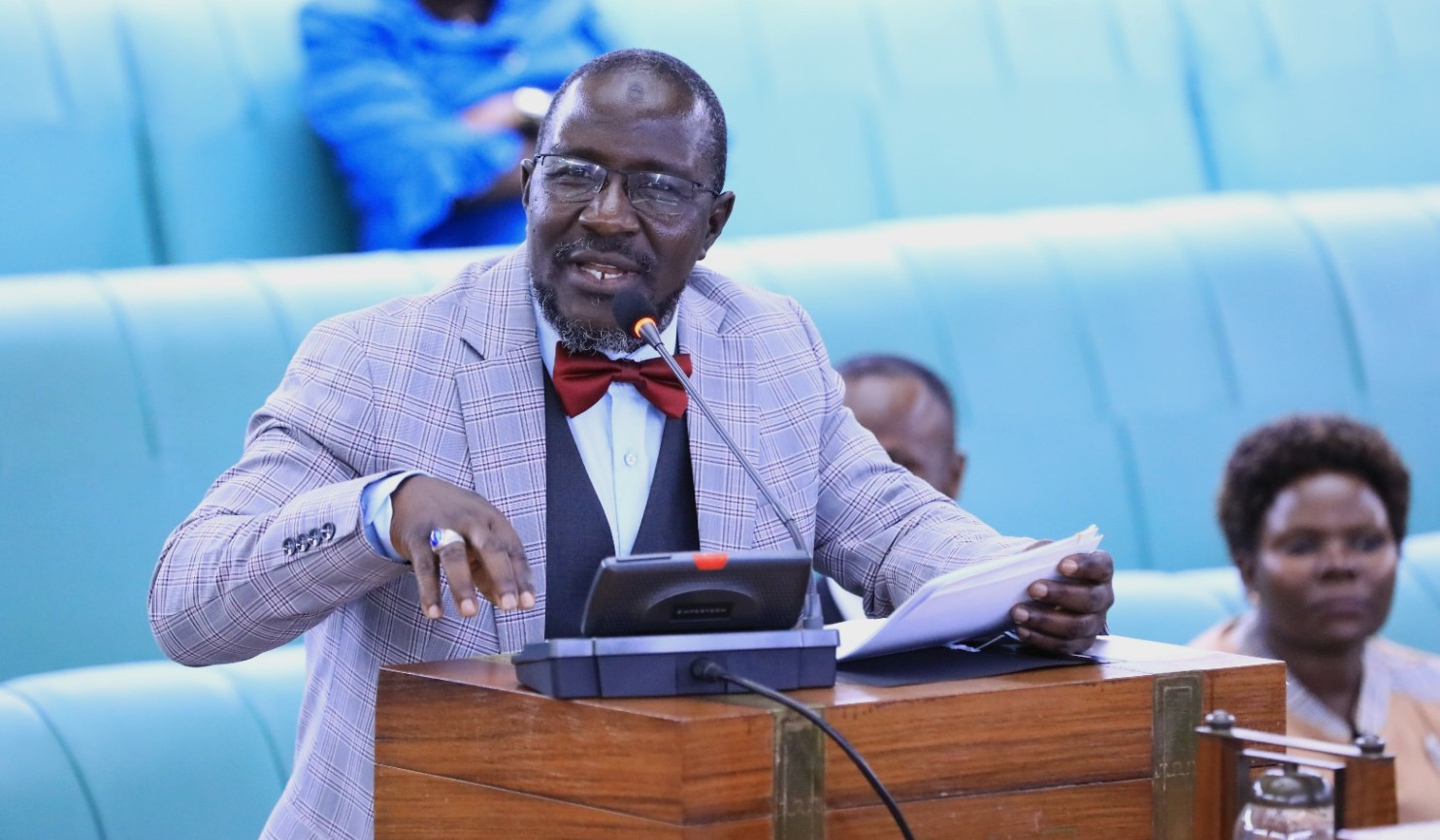KAMPALA, August 13, 2025 — Parliament has granted leave to two Private Members to introduce Bills intended to address legislative gaps in the regulation of Islamic personal law courts and the environmental profession.
During a plenary session chaired by Speaker Anita Among last Thursday, Members of Parliament [MP] approved a motion by Asuman Basalirwa, the Bugiri Municipality MP seeking leave to introduce the Qadhis Courts Bill.
The Bill seeks to operationalise Article 129[1][d] of the Constitution, which allows for the establishment of Qadhis Courts to handle matters of marriage, divorce, inheritance, and guardianship among Muslims. The provision has remained dormant for lack of an enabling law.
“Parliament has not given full effect to that constitutional provision through enacting a specific legislation to establish Qadhis Courts,” Basalirwa said.
He added that the Bill would formally institutionalise Islamic personal law courts within Uganda’s judicial system in line with the values, norms and aspirations of the Muslim community.
Seconding the motion, Butambala District Woman MP, Aisha Kabanda, observed that informal Qadhis courts currently operate without statutory guidance.
“Now there is no guidance on who sits on that court… people have studied Sharia [Islamic law]. If we put this law, it will also be an avenue for employment,” she said.
Meanwhile, the House also granted leave to Ojara Martin Mapenduzi, the Bardege-Layibi Division MP, to introduce the Environmental Practitioners Bill. The Bill seeks to regulate, accredit, license, and enforce ethical and professional standards among environmental practitioners.
Mapenduzi warned that in the absence of such a framework, Uganda has witnessed “uncoordinated and, at times, substandard professional practices,” which undermine environmental management and efforts toward sustainable development.
The Bill responds to growing concerns around environmental degradation, public health, biodiversity loss, and climate change. Justifying the motion, Mapenduzi noted that Uganda currently lacks a specific law governing the registration, licensing, and regulation of environmental practitioners.
“As a result, the profession operates without a harmonised code of ethics, minimum standards of practice and training, or formal oversight, and this poses risks to environmental integrity, public health and national development goals,” Mapenduzi said.
Seconding the motion, Richard Wanda, the Bungokho Central County highlighted the challenges resulting from the absence of a legal framework to manage the profession.
“The Bill will help to form a way of strengthening enforcement mechanisms and accountability. The biggest concern is the lack of oversight over the practitioners in the environment sector,” he said.
While the Minister of State for Trade, Industry and Cooperatives [Industry] David Bahati, argued that the National Environment Act already provides for the regulation of environmental practitioners and suggested amending the existing law, Speaker Anita Among advised that government should support the Private Member’s initiative.
Among directed the relevant government departments and agencies to work with the movers of the bills to further the legislative process. She added that, although the proposed legislation may have financial implications for the government, cooperation between ministers and Private Members was necessary to improve the quality of lawmaking.
In response, Bahati proposed that government should consider taking over the Bill to avoid potential constitutional challenges.
The two Bills will now be prepared for First Reading, the formal introduction to Parliament.
Buy your copy of thecooperator magazine from one of our country-wide vending points or an e-copy on emag.thecooperator.news
